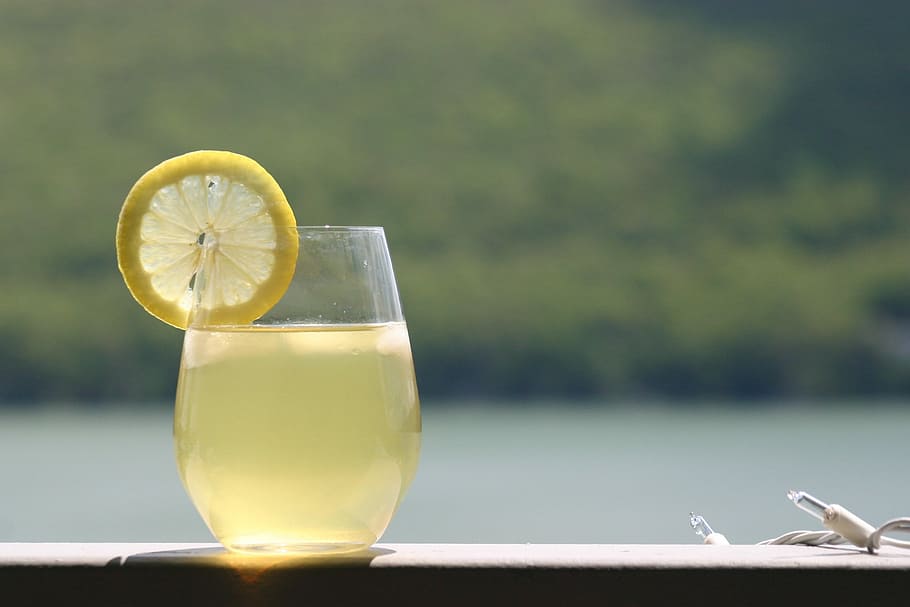When it comes to cooking, baking, or crafting cocktails, lemons are a versatile ingredient that adds a burst of flavor. However, not everyone has fresh lemons readily available, and that’s where concentrated lemon juice comes into play. Knowing how much concentrated lemon juice equals one lemon can save you time and effort in the kitchen while ensuring your dishes maintain their intended taste. In this article, we’ll explore the conversion of fresh lemons to concentrated lemon juice, providing you with valuable insights and tips.
Many home cooks and professional chefs alike appreciate the convenience of concentrated lemon juice. While it can be a great substitute, it’s essential to understand how to measure it correctly to achieve the desired flavor profile in your recipes. Concentrated lemon juice can vary in strength based on the brand and processing method, which adds to the confusion. Therefore, having a general guideline for the conversion is crucial for culinary success.
Beyond the convenience factor, understanding how much concentrated lemon juice equals one lemon can help reduce food waste and save you money. Instead of letting fresh lemons go bad in your fridge, you can keep a bottle of concentrated lemon juice on hand for those moments when you need a quick flavor boost. Let’s delve deeper into this topic to clarify the conversion and provide practical tips for using concentrated lemon juice in your cooking.
What is Concentrated Lemon Juice?
Concentrated lemon juice is essentially lemon juice that has been filtered and reduced to remove most of the water content. This process intensifies the flavor, making it a potent substitute for fresh lemon juice. It’s often sold in bottles and can be found in most grocery stores. Unlike fresh lemons, which contain pulp and seeds, concentrated lemon juice is typically smooth and easy to pour.
How is Concentrated Lemon Juice Made?
The process of making concentrated lemon juice involves several steps:
- Harvesting fresh lemons
- Juicing the lemons to extract the liquid
- Filtering the juice to remove solids
- Evaporating the water content to create a concentrated liquid
This method helps to preserve the flavor while extending the shelf life of the juice, making it a staple in many kitchens.
How Much Concentrated Lemon Juice Equals One Lemon?
When substituting concentrated lemon juice for fresh lemons, a general guideline is that 1 tablespoon of concentrated lemon juice is equivalent to the juice of one medium-sized lemon. However, this can vary depending on the concentration level of the product you are using. It’s always a good idea to taste your dish and adjust the amount accordingly.
What Are the Benefits of Using Concentrated Lemon Juice?
Using concentrated lemon juice has several benefits, including:
- Longer shelf life compared to fresh lemons
- Convenience and ease of use
- Consistent flavor without the variability of fresh fruit
- Less preparation time required
These advantages make concentrated lemon juice a popular choice for many home cooks and professionals alike.
How to Use Concentrated Lemon Juice in Recipes?
When using concentrated lemon juice in your recipes, consider the following tips:
- Start with a smaller amount and adjust for taste.
- Mix it with water if you prefer a milder flavor.
- Use it in marinades, dressings, or desserts for a zesty kick.
- Check the label for any added preservatives or sugars that might alter the taste.
Following these tips will help you get the most out of concentrated lemon juice in your culinary creations.
Can You Substitute Concentrated Lemon Juice for Fresh Lemons in All Recipes?
While concentrated lemon juice can be a suitable substitute in many recipes, it may not work well in every instance. For recipes that rely heavily on the texture or pulp of fresh lemons, such as certain desserts or salads, it’s best to use fresh lemons. However, for marinades, dressings, and sauces, concentrated lemon juice can work wonderfully.
How to Store Concentrated Lemon Juice?
Proper storage of concentrated lemon juice is essential to maintain its flavor and freshness. Here are some tips:
- Keep it in a cool, dark place, away from direct sunlight.
- Refrigerate after opening to extend its shelf life.
- Check the expiration date and use it within the recommended time frame.
By following these storage guidelines, you can ensure your concentrated lemon juice remains flavorful and ready to use whenever you need it.
Are There Any Downsides to Using Concentrated Lemon Juice?
While concentrated lemon juice has many benefits, there are some downsides to consider:
- It may contain added preservatives or sugars, affecting its natural flavor.
- The intensity of flavor can vary by brand, leading to inconsistent results.
- It lacks the freshness and aroma of freshly squeezed lemons.
Being aware of these potential downsides can help you make informed decisions when choosing between fresh lemons and concentrated lemon juice.
Conclusion: How Much Concentrated Lemon Juice Equals One Lemon?
In summary, understanding how much concentrated lemon juice equals one lemon is vital for any cooking enthusiast. Typically, 1 tablespoon of concentrated lemon juice is equivalent to the juice of one medium-sized lemon. However, personal taste preferences and variations in concentration levels should always be taken into account. Whether you opt for concentrated lemon juice for convenience or fresh lemons for their vibrant flavor, both can elevate your culinary creations. With these insights, you’re now equipped to make the best choice for your cooking needs!
Article Recommendations
- Start Of Something Big
- Dti Reality Television Theme
- Mossacannibalis Controversy
- Heart Attack Vs Cardiac Arrest
- David Huckabee Age
- Orlando Brown Houston Tx
- City Base Cinemas San Antonio
- Benny Blanco Height Inches
- Sean Preston Federline 2024
- Saxon Musk
Also Read


